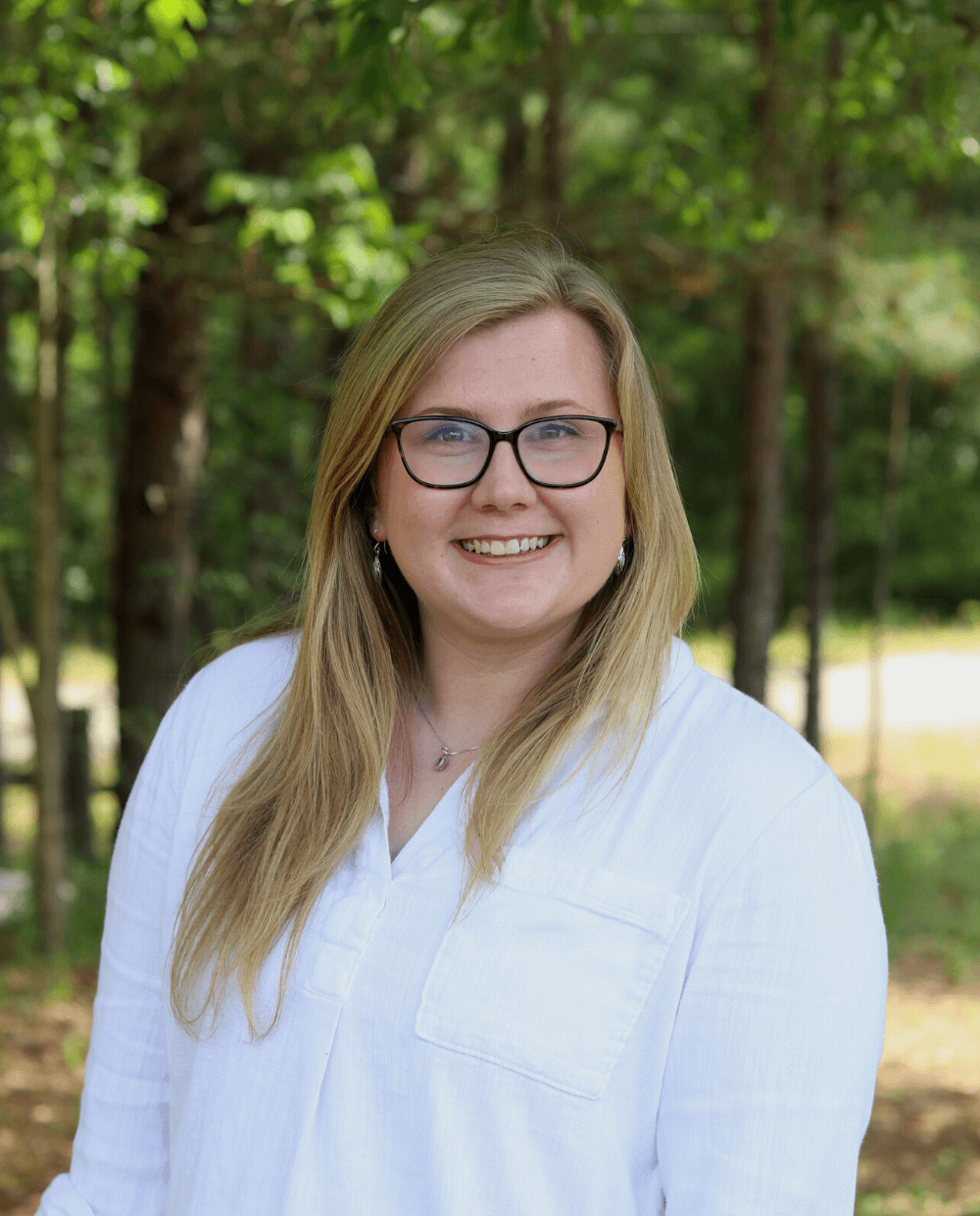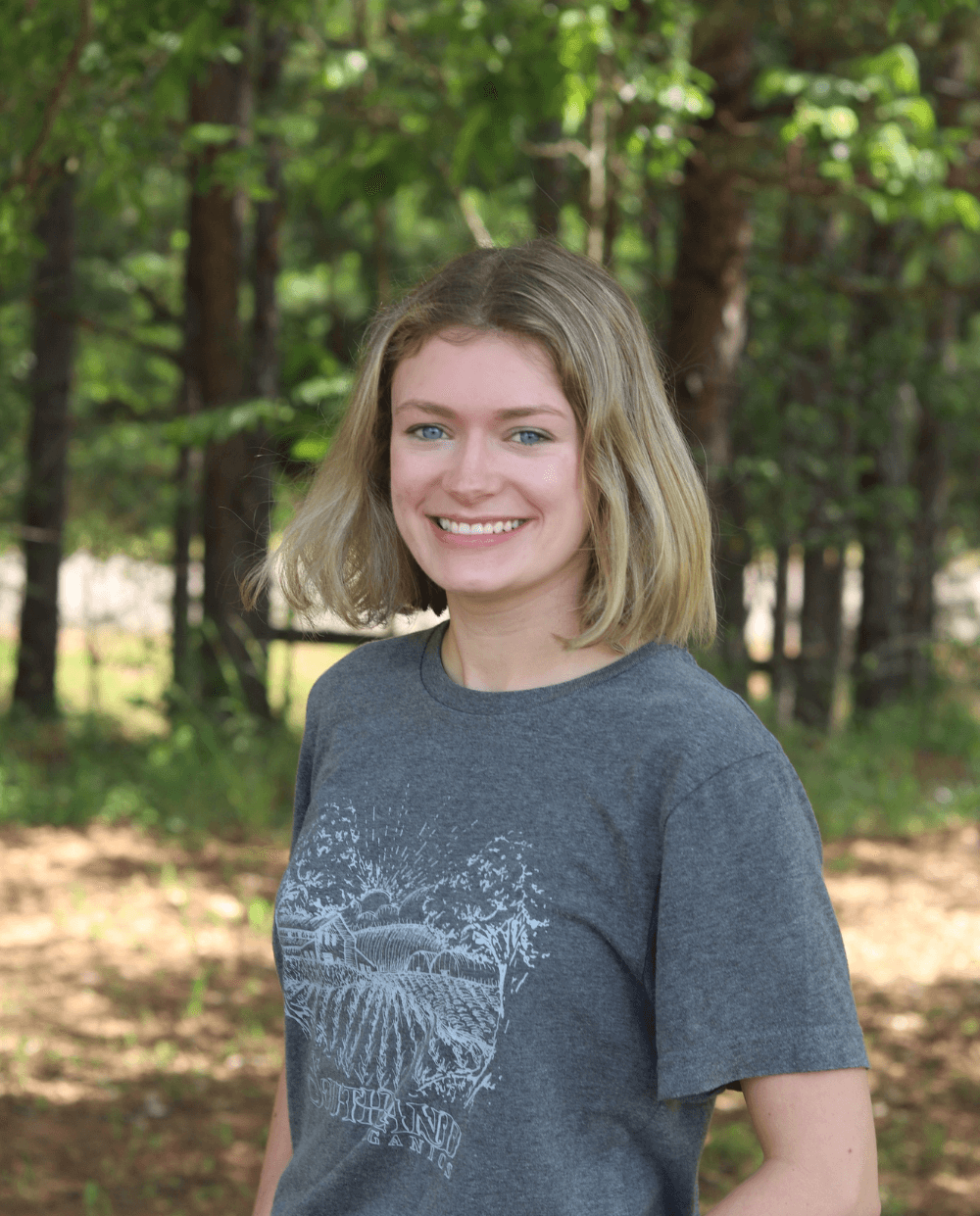Salmonella and Food Safety
Kinky back, IBH, necrotic enteritis and dermatitis are all familiar phrases to any poultry farmer. When you think of diseases to which your birds are susceptible, all of those probably come to mind and cause feelings of dread. But there is one disease that the public associates more closely with poultry products than any other—Salmonella.
The history of food safety is littered with stories of Salmonella, and not just from poultry—other meats, fruits, vegetables and even water have been known to spread this bacteria and cause food borne illness. This illness, called Salmonellosis, is most often associated with gastrointestinal symptoms like diarrhea, cramping and nausea when people become infected. More advanced degrees of the illness can include bacteremia and enteric fever.
In poultry, the disease can take various forms as well—in the case of young or immunocompromised birds, watery feces, fever, lethargy, huddling near heat sources and poor growth are all common indicators of Salmonellosis. In older, healthy birds who get infected, however, it is not uncommon to see no signs of infection. This is part of what makes these animals such an important reservoir for the disease! Since Salmonellosis is hard to identify in many cases, it can slip by farmers without a trace.
Fighting Salmonella in Commercial Poultry
Steps to decrease Salmonella presence in commercial poultry range from national improvement programs to vaccination. Despite these efforts, the CDC estimates that one in every 25 packs of chick or chicken products bought from the grocery store are infected with Salmonella. This retained prevalence, even with control programs, has forced the industry to look for new answers.
After hearing concerns from our industry partners about the growing pervasiveness of Salmonella in live birds and food products, we began to question Southland Organics' role in controlling the spread. This meant asking questions like these: How does the bacteria spread? Is there a way to slow its growth? How could we be most effective in controlling its spread?
Our goal was to find out how we could help farmers decrease the amount of Salmonella bacteria in their poultry houses.
Our Salmonella Study
Working with Southern Poultry Research Group, we decided to start with an in vitro study of Litter Life to determine its efficacy against Salmonella enterica subspecies serotype enteritidis. Basically, we wanted to know if our product would be effective in killing Salmonella bacteria.
To do this, a test organism was grown under lab conditions and then combined with a sample of Litter Life and allowed to grow for 24 hours. During that 24-hour time frame, optical densities were measured every 2 hours. Optical density is a common metric used in microbiology that measures the amount of light scattered when passed through a sample. The more bacteria that is present, the more the light will be scattered.
Results
At the end of the 24-hour period, optical density of the sample treated with Litter Life was compared to the optical density of a positive control (a sample that was allowed to grow with no intervention). The results were extremely hopeful! In the presence of Litter Life, the optical density of the sample was reduced by more than 30%. This tells us that there was some reduction in bacterial growth in these samples.
Now, while these are extremely encouraging results, there are some lingering questions, but every study has its limitations. For those of you who use Litter Life, you know that this is a microbial product, so we have to wonder whether or not the remaining bacteria in the sample with Litter Life were from our product or from Salmonella. We also have to question whether or not these results are fully replicable in a production setting with live birds and active bacteria shedding present.
Moving Forward
Because of these unanswered questions, we are currently pursuing further testing that will allow us to quantify Litter Life’s impact on Salmonella enteritidis growth in commercial poultry! We are looking forward to discovering more about our role in Salmonella mitigation.
For decades, Salmonella species have been a food production and safety issue. Since it’s the leading cause of food borne illness, it’s no surprise that significant time, money and resources have been poured into finding a means to control and eliminate Salmonella from our food supply. At Southland Organics, we are excited to be making strides towards finding our place in these efforts with Litter Life!
Learn more about Litter Life here.
If you have any questions about this study, contact me at alyssa@southlandorganics.com. You can also reach us at 800-608-3755 and stay updated by following us on social media @SouthlandOrganics. Thanks for watching!
Sources
https://www.fda.gov/food/foodborne-pathogens/salmonella-salmonellosis
https://www.ncbi.nlm.nih.gov/pmc/articles/PMC8394320/
https://www.ncbi.nlm.nih.gov/pmc/articles/PMC3326446/
https://www.tandfonline.com/doi/full/10.1080/21553769.2015.1051243






